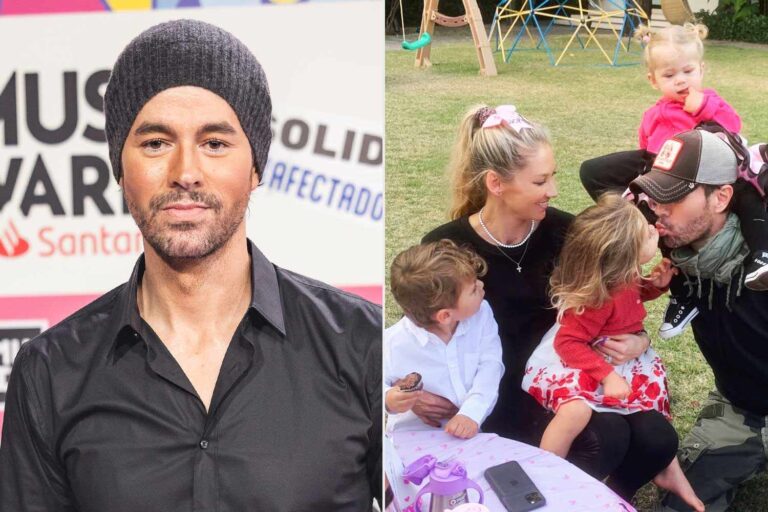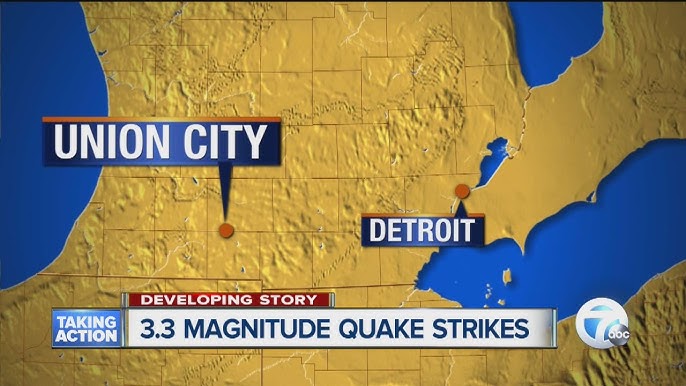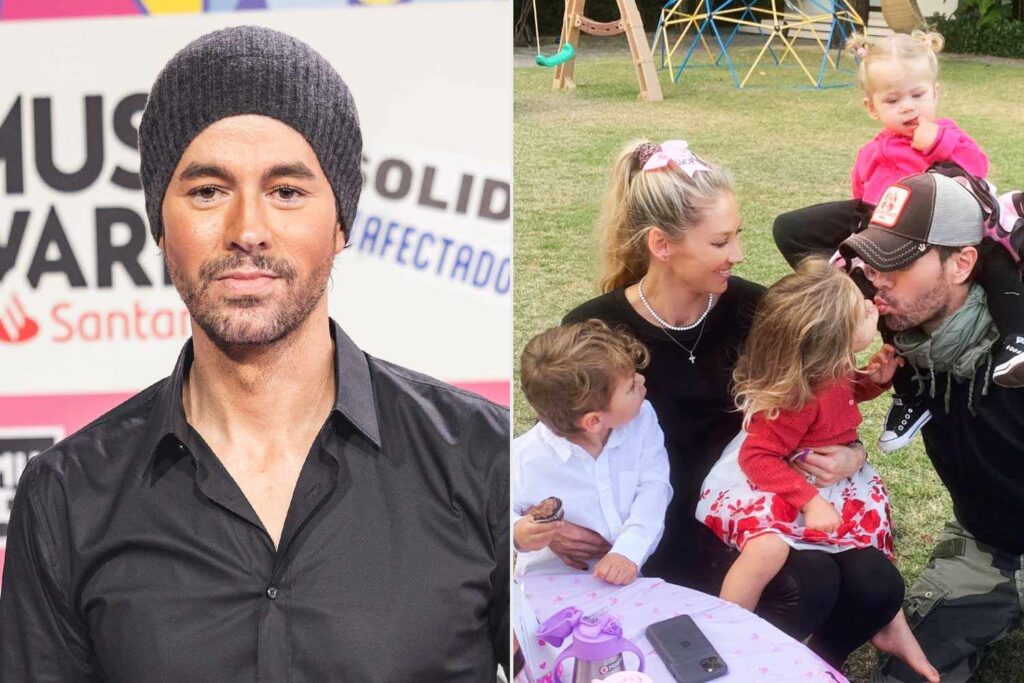In a moment that stunned the U.S. political landscape, Republican Representative Nancy Mace of South Carolina stood before the House Oversight Committee on May 20, 2025, and made an allegation that sent ripples across the nation. She didn’t just speak about legislation or policy. Instead, she revealed a deeply personal and harrowing experience: that she had been the victim of sexual abuse and non-consensual surveillance by her ex-fiancé, Patrick Bryant, and three other individuals. As evidence, Nancy Mace presented a censored nude image of herself an image she claimed was taken without her knowledge or consent.
This revelation was not just personal; it was political, legal, and cultural. It forced a reckoning with how society treats survivors, how the law handles voyeurism and abuse, and how public figures must navigate trauma in a hyper-visible arena.
Background: Nancy Mace’s Political Journey and Private Life
Nancy Mace, the first woman to graduate from The Citadel’s Corps of Cadets and a rising figure in the Republican Party, has been known for her independent views and bipartisan work. Prior to this hearing, her name had frequently surfaced in political debates, particularly around women’s rights, government transparency, and internet regulation.
Her relationship with Patrick Bryant, a Charleston entrepreneur and tech investor, had ended publicly and contentiously in 2023. What had been perceived by the public as a high-profile breakup suddenly took a dark turn two years later.
The House Oversight Hearing: The Moment That Changed Everything
The hearing was supposed to be about “Surveillance in Private Spaces,” focusing on legislation to combat hidden cameras in hotel rooms, rental homes, and other personal environments. But Nancy Mace transformed it into a deeply emotional and urgent plea for reform.
“This is a photo of me,” Nancy Mace said, holding up a printout of the censored image. “Taken by someone who was supposed to love and protect me. Instead, he filmed me without my knowledge naked, vulnerable, and unaware.”
She didn’t stop there. Nancy Mace named not just Bryant but three other men, accusing them of rape, sex trafficking, and unauthorized recordings involving not only her but other women as well. Her statement, prepared and deliberate, was meant not just to inform but to catalyze legal action.
The Allegations: A Deeper Dive
According to Nancy Mace, the crimes date back to 2022 and 2023, when she claims hidden cameras were installed in residences she shared with Bryant. The images and videos allegedly captured intimate and private moments without consent. Nancy Mace stated that after their relationship ended, the materials were used in attempts to manipulate or blackmail her.
“This isn’t just about me,” Nancy Mace said. “This is about every woman who has been filmed, touched, or violated without consent.”
Her allegations also included claims of sex trafficking, asserting that at least one of the other men named facilitated or participated in recording and distributing illicit footage of women, potentially for financial or reputational leverage.
Reactions: Support, Skepticism, and Legal Firestorm
The political world was split in its response. Many women lawmakers, both Republican and Democrat, stood in solidarity with Nancy Mace. Rep. Alexandria Ocasio-Cortez tweeted:
“It takes extraordinary courage to speak out the way Nancy Mace did today. Every survivor deserves to be heard, believed, and protected.”
Others were more cautious, citing the gravity of the claims and the need for proper judicial procedure. Critics, especially among conservative circles, questioned whether the hearing was the right venue for such disclosures and whether Nancy Mace’s congressional immunity gave her a platform to make unchecked accusations.
Meanwhile, Patrick Bryant responded swiftly. Through his legal team, he denied all allegations, calling them “false, defamatory, and maliciously designed to destroy my reputation.” He filed a defamation lawsuit against Nancy Mace, while Nancy Mace countersued for defamation and emotional damages.
The Legal Implications: Congressional Immunity vs. Public Accountability
One of the most debated aspects of Nancy Mace’s speech is the legal doctrine of “Speech or Debate Clause” immunity. Members of Congress are protected from being sued or prosecuted for things they say in official legislative settings. This gives them the freedom to raise sensitive or controversial issues without fear of legal reprisal.
However, this protection raises ethical concerns when the statements involve personal accusations. Legal experts are now discussing whether Nancy Mace’s allegations constitute protected speech or whether they veer into personal territory that could be subject to civil litigation.
“It’s a fine line between whistleblowing and defamation,” said Professor Erin Kelleher, a constitutional law scholar at Georgetown University. “Congressional immunity was never meant to be a shield for personal vendettas but it also shouldn’t silence victims who come forward.”
Legislative Impact: Pushing for Change in Voyeurism Laws
Nancy Mace didn’t come to the hearing only to share her story she came with legislation in hand. The “Surveillance Abuse Prevention Act” (SAPA) was introduced minutes after her statement. The bill proposes:
- Tougher penalties for hidden camera usage in private residences
- Mandatory consent protocols for security systems
- Expanded definitions of voyeurism to include digital distribution
- Federal tracking of non-consensual pornography cases
Surprisingly, the bill gained bipartisan traction almost immediately, with lawmakers from both parties agreeing that the issue transcends political lines.
“The idea that someone can be filmed in their own home without consent is an affront to basic human dignity,” said Senator Amy Klobuchar in a press conference.
The Cultural Moment: From #MeToo to #NotInMyHome
Nancy Mace’s story arrives at a time when the conversation about privacy, consent, and digital abuse is evolving. The #MeToo movement opened doors for survivors to come forward about workplace harassment and sexual assault. Now, a new wave of advocacy focused on technology-enabled abuse is emerging.
Terms like “revenge porn,” “digital coercion,” and “deepfake exploitation” are becoming part of the legal and cultural lexicon. Nancy Mace’s accusations highlight how even powerful individuals are vulnerable to intimate violations, especially when technology enables silent surveillance.
“This is not just a story about sex or betrayal,” wrote journalist Kara Swisher in an opinion piece. “It’s a story about the invisible tools from cameras to cloud servers that are being weaponized against people, especially women.”
Media Coverage and Public Perception
Media outlets across the country carried the story on their front pages. While some, like The New York Times and Politico, took a cautious but investigative tone, others particularly cable news and tabloids ran sensational headlines focused on the nude image or Nancy Mace’s personal life.
Critics argued that the focus on the photo trivialized the broader issues Nancy Mace was trying to address.
“Her photo shouldn’t be the story. Her courage should,” said CNN anchor Abby Phillip.
In social media spaces, the public opinion was deeply polarized. Hashtags like #IStandWithNancy and #BelieveWomen trended, but so did #MaceDrama and #TrialByCongress. The discourse revealed a nation still divided on how to handle allegations, trauma, and truth in the digital age.
Mental Health and Public Service: The Toll of Disclosure
Nancy Mace admitted that coming forward was not easy. In interviews following the hearing, she spoke about the psychological toll nightmares, anxiety, paranoia and the fear of not being believed.
“I knew that speaking out could cost me everything my career, my reputation, my safety. But silence was worse.”
Mental health advocates praised Nancy Mace’s bravery and called for more resources for public figures and survivors alike. Lawmakers are now considering adding mental health clauses to new whistleblower protection laws to ensure that victims who come forward receive adequate psychological care.
Broader Implications for Political Culture
Nancy Mace’s disclosure has launched a renewed discussion about how politics deals with personal trauma. Should politicians be expected to keep personal experiences out of the chamber? Or is it time for more emotional transparency in leadership?
“We expect our leaders to be robots,” said MSNBC commentator Joy Reid. “But sometimes, showing pain, rage, and humanity is the most powerful political act.”
Additionally, the incident may have unintended consequences for future elections. While Nancy Mace’s base in South Carolina is divided on her actions, her national profile has grown significantly making her a possible contender for higher office or influential committee roles.
A Case That Could Change Laws and Lives
Nancy Mace’s accusations against her ex-fiancé have opened a Pandora’s box of legal complexities, cultural debates, and urgent policy needs. Whether or not the allegations lead to convictions or legal wins, they have already changed the conversation in Washington and beyond.
The bravery it took to stand on the House floor and share a story of personal violation is monumental. But what happens next in the courts, in Congress, and in the cultural consciousness will determine whether Nancy Mace’s pain leads to progress.
In a world where privacy is increasingly compromised by technology, and power dynamics continue to shape justice, the outcome of this case could set new precedents for how the United States handles digital abuse, gender violence, and accountability at the highest levels.















